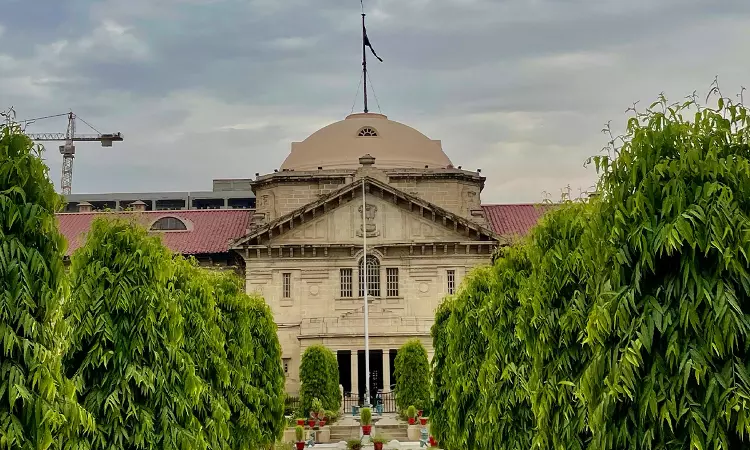- Home
- /
- High Courts
- /
- Allahabad High Court
- /
- UP 'Anti-Conversion' Law Seeks To...
UP 'Anti-Conversion' Law Seeks To Sustain Spirit Of Secularism; Religious Freedom Doesn't Include Collective Right To Proselytize: Allahabad HC
Sparsh Upadhyay
12 Aug 2024 11:26 AM IST
Last week, the Allahabad High Court observed that the purpose of the UP Prohibition of Unlawful Conversion of Religion Act, 2021, is to guarantee religious freedom to all persons, reflecting India's social harmony and spirit. The objective of this Act is to sustain the spirit of secularism in India. A bench of Justice Rohit Ranjan Agarwal further said that while the...
Tags
UP Prohibition of Unlawful Conversion of Religion ActU.P. Prohibition of Unlawful Conversion of Religion ActUP Prohibition of Unlawful Conversion of Religion Act 2021Uttar Pradesh Prohibition of Unlawful Conversion of Religion Act of 2021Uttar Pradesh Prohibition of Unlawful Conversion of Religion Act 2021Uttar Pradesh Prohibition of Unlawful Religious Conversion Act 2021Section 5 UP Prohibition of Unlawful Conversion of Religion ActSection 4 of the UP Prohibition of Unlawful Conversion of Religion ActThe Uttar Pradesh Prohibition of Unlawful Conversion of Religion Act#Allahabad High Courtreligious freedomAjeem vs. State of U.P 2024 LiveLaw (AB) 5022024 LiveLaw (AB) 502
Next Story



